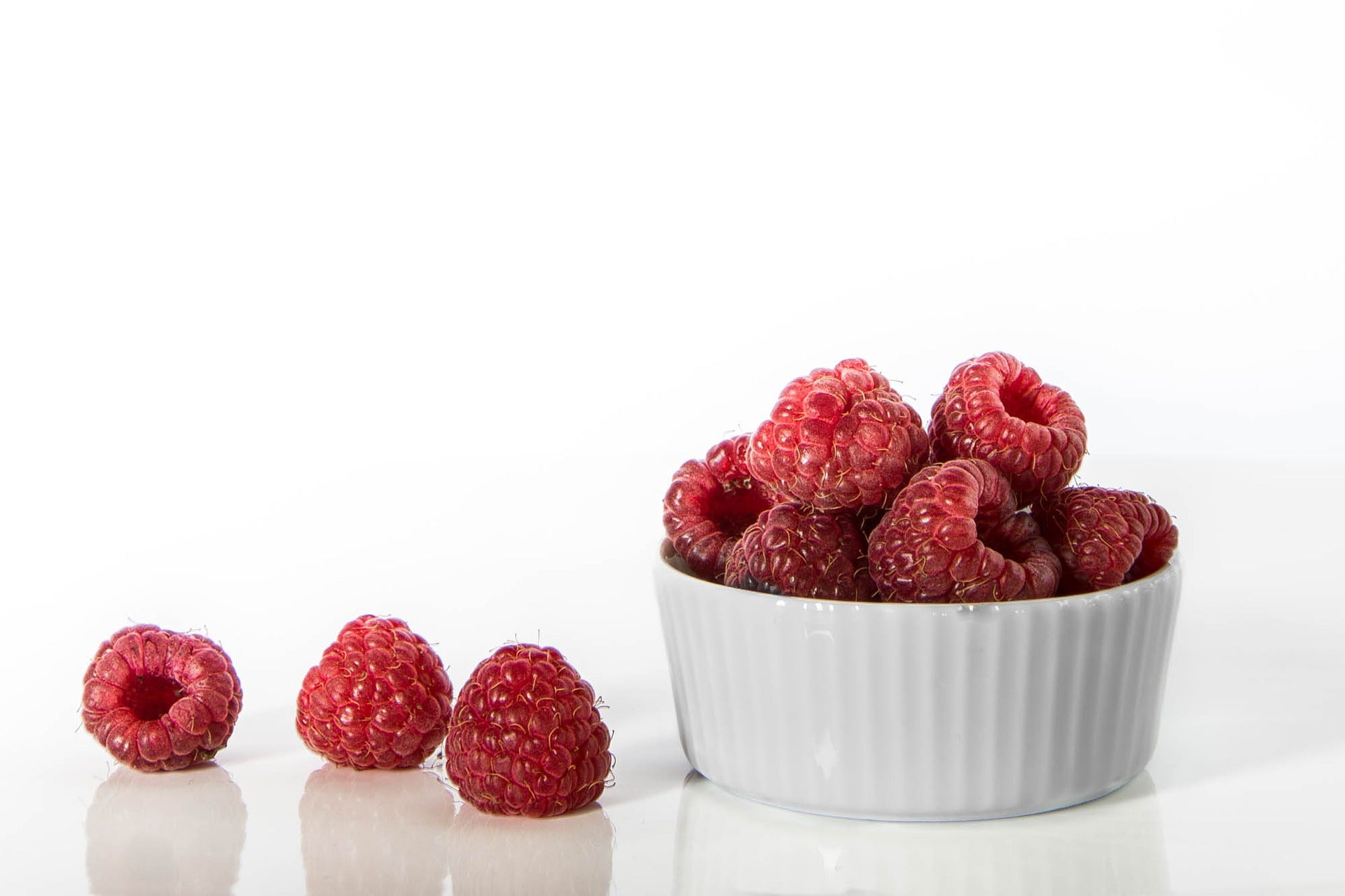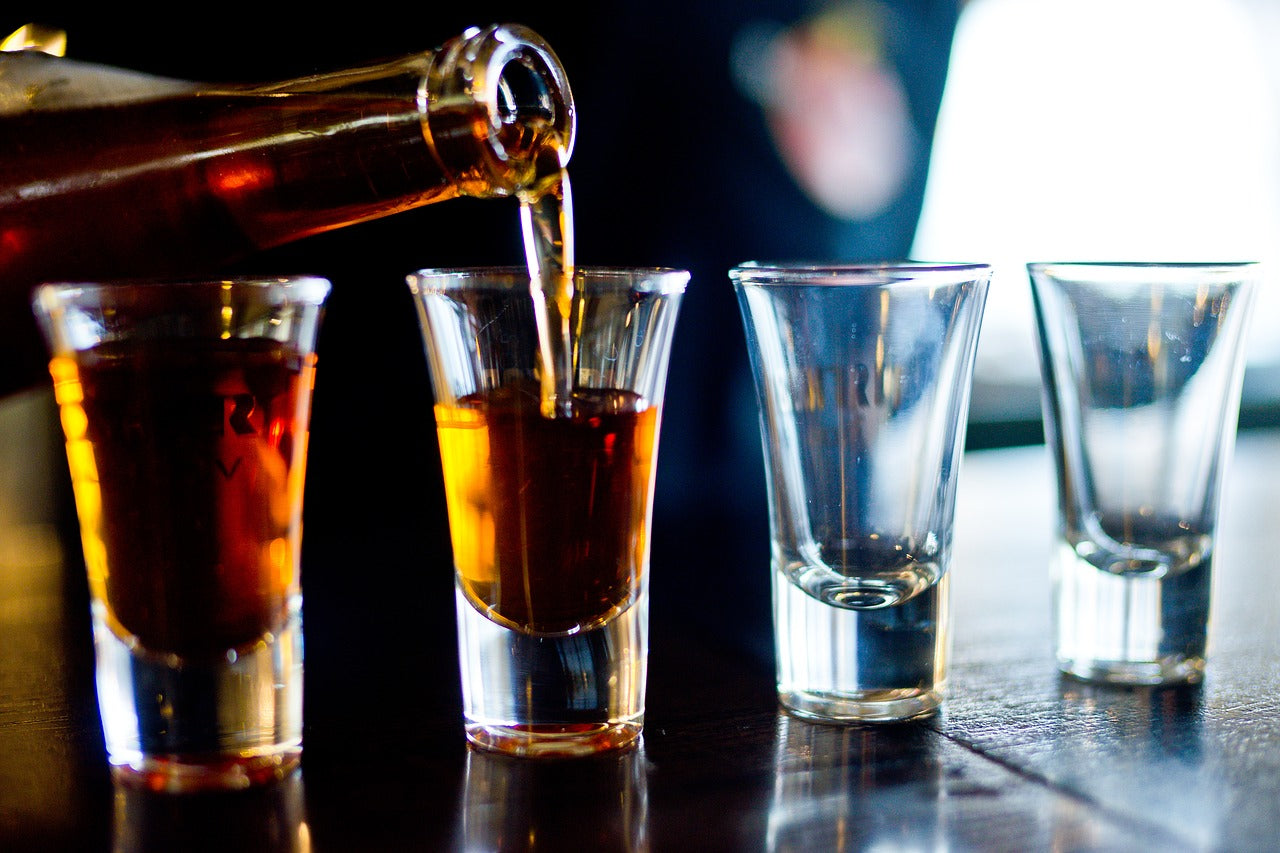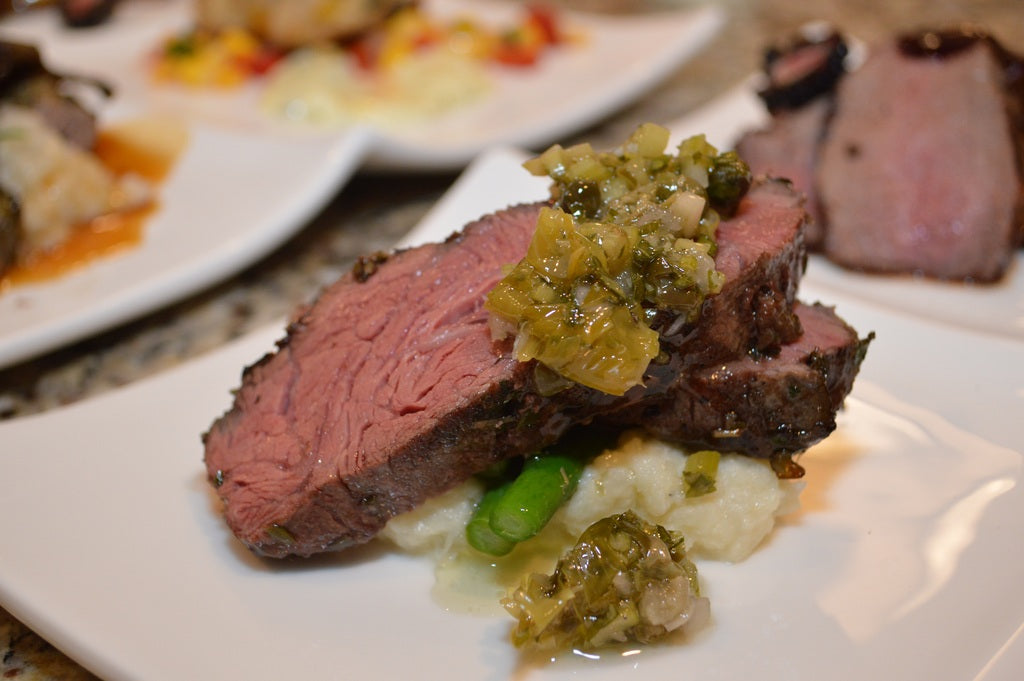Would you like a few natural ways to boost energy? Let’s look at some natural energy boosters with some of the best diet hacks that can help you to increase energy levels.
Don't Fear the Fat
Healthy fat, that is. Our bodies rely on fat for energy, and fat is part of the process of absorbing minerals and vitamins. There's a huge difference between saturated and unsaturated fat. You want to stay away from trans fats in processed snacks and fried foods. But healthy fats? You'll find those in nuts and seeds, fish including salmon and trout, and avocados, which have super-healthy Omega-3 fatty acids. Eat these in moderation to keep your energy levels up.
 Photo Credit: WebTechExperts / Pixabay.com
Photo Credit: WebTechExperts / Pixabay.com
Drink More Water, Less Sugar
And if you're drinking energy drinks, you're probably taking in way too much sugar. Plus, these drinks usually have substantial amounts of caffeine that can lead to sleep loss and thus sap your energy. Dehydration can also lead to energy loss; you'll want to drink at least 1.5 to two liters of water throughout the day. A good way to gauge your water intake: your urine should be the color of light straw. Darker urine probably means you're dehydrated.
 Photo Credit: Marco Verch / Flickr
Photo Credit: Marco Verch / Flickr
Perk Up With Probiotics
Probiotics aren't just good for your gut health. Researchers at Harvard Medical School have found that there's a significant connection between the gut and the brain, and probiotics can help to boost your mood and improve cognitive function. The reverse is also true: poor gut health can negatively impact mood. You can take probiotics as supplements or eat probiotic-rich food such as yogurt, sauerkraut, and kombucha.

Photo Credit: VeganBaking.net / Flickr
Whole Grains Over Refined Ones
Carbs have gotten something of a bad shake. Seen as foods to avoid. But you shouldn't; good carbs are good and bad carbs are bad. Refined grains, the bad carbs, have most of their nutrients stripped away. Good carbs, whole grains, are loaded with nutrients and can boost your serotonin levels, which helps to reduce stress and improve your mood. Whole grains including barley, quinoa, brown rice, oats, and rye are good options.

Photo Credit: Marco Verch / Flickr
Don't Forget the Fiber
Getting enough fiber in your diet can improve your overall energy over extended periods. Fiber works to reduce the rate that glucose enters your bloodstream, regulating your blood sugar levels, and staving off energy spikes and lows. Lots of healthy foods contain fiber, notably leafy greens including spinach and kale. Beans and legumes, nuts and seeds, plus fruits including raspberries and mangoes are all good sources of fiber.

Photo Credit: Sara Mukitza / Pixabay
Break the Three Meal Mold
Sure, it's a tradition to eat three meals a day: breakfast, lunch, and dinner. But that's not the best schedule to keep if you eat to boost energy. Research published by Harvard Medical School suggests that spacing out your food with small meals and snacks throughout the day is a better way to go. This small-and-steady approach keeps your energy levels more uniform by steadily providing your brain with its needed nutrients.

Photo Credit: VeganLiftz / Pixabay
Understand the Importance of Breakfast
Skipping breakfast can force your body to tap into its energy reserves. So you begin your morning with energy depletion and you may not fully recover all day. For good energy levels, an optimal energy-boosting breakfast should have healthy protein, fruit, and "slow carbs"—carbs from whole grains that slow digestion.

Photo Credit: Marco Verch / Flickr
Cut Back on the Booze
Remember that alcohol is a depressant, so it naturally saps your energy. With an odd twist. Hours after drinking alcohol, it flips and acts as a stimulant. Many of us know the experience of easily falling asleep after a few drinks only to wake up a few hours later and have a bad night's sleep. Even if you are a light drinker, this can seriously throw a wrench into your sleep cycle and lead to a fatigue-filled day.

Photo Credit: Pologi / Pixabay
Switch from Coffee to Tea
This one may sound upside down, as caffeine is one of the most energy-boosting drinks you can find. But over time, consuming considerable amounts of caffeine can actually lead to fatigue. If you’re drinking more than two eight-ounce cups each day, coffee can make you tired. While caffeine levels in different teas vary, tea generally has about half of the caffeine of coffee.

Photo Credit: Drew Jemmett / Unsplash.com
Eat Iron-Rich Foods
Iron is important for maintaining good energy levels, providing an essential service with red blood cells delivering oxygen throughout your body. When not enough of this oxygen is delivered, you experience an iron deficiency and the result is you feel tired. Some common iron-rich foods include red meat, eggs, chickpeas, pumpkin seeds, edamame, and seafood including clams, mussels, and oysters.

Photo Credit: Pxhere
Consider Energy-Boosting Foods
A host of healthy foods are nutrition-dense, packed with vitamins, minerals, and healthy carbohydrates that offer slow-releasing energy. Just some of these include oatmeal with complex carbohydrates and B-vitamins, spinach with potassium, magnesium, and iron, and sweet potatoes for Vitamin C and complex carbs. Eggs, nuts, soybeans, and fish all also fall into the energy-boosting category.

Photo Credit: sousvideguy / Flickr
It’s easy to find healthy foods that give you energy. Maybe you’ll give a few of these natural nutrition hacks a try and see if you can enjoy more energy throughout the day.Written by William McCleary for Knockaround.





Top 'Second Cities' to Visit in the USA
A Guide to the Best BBQ in San Diego